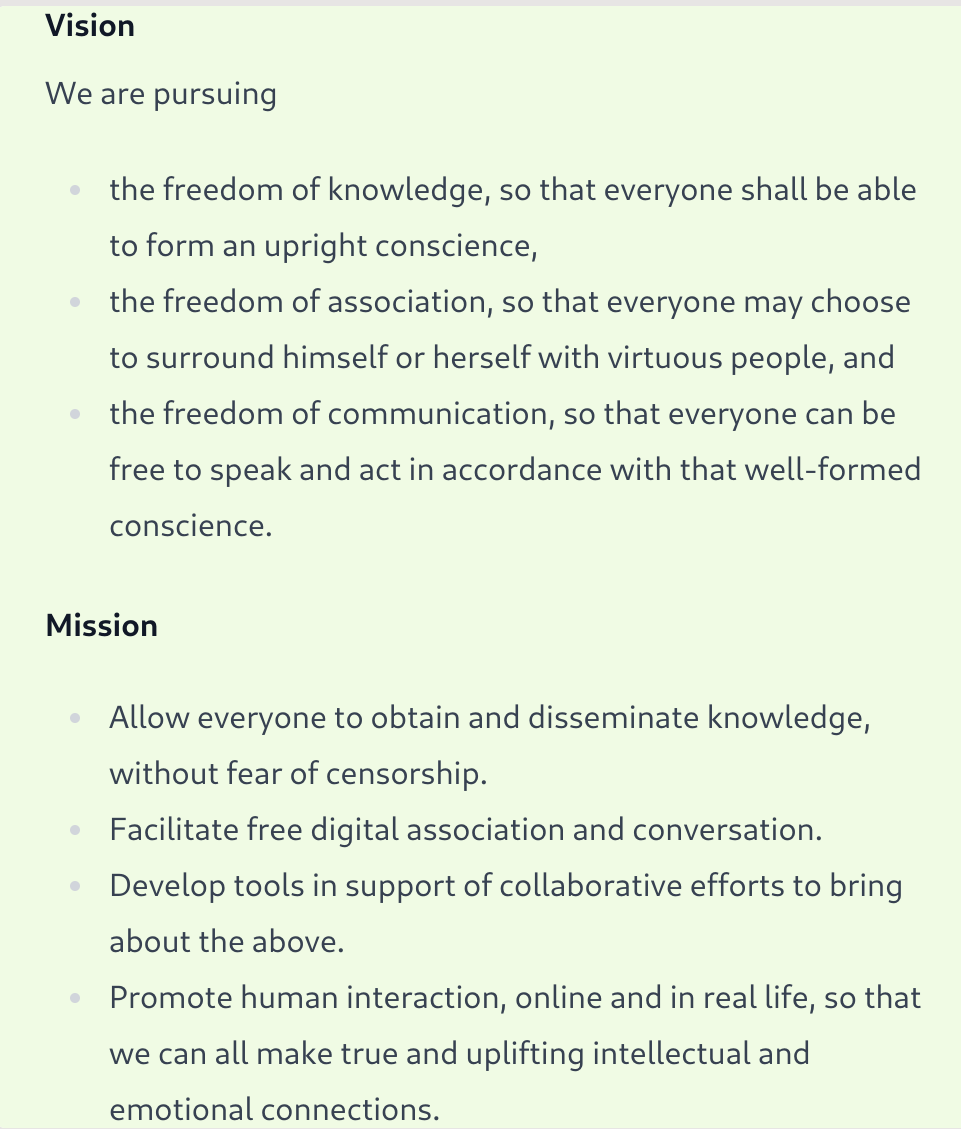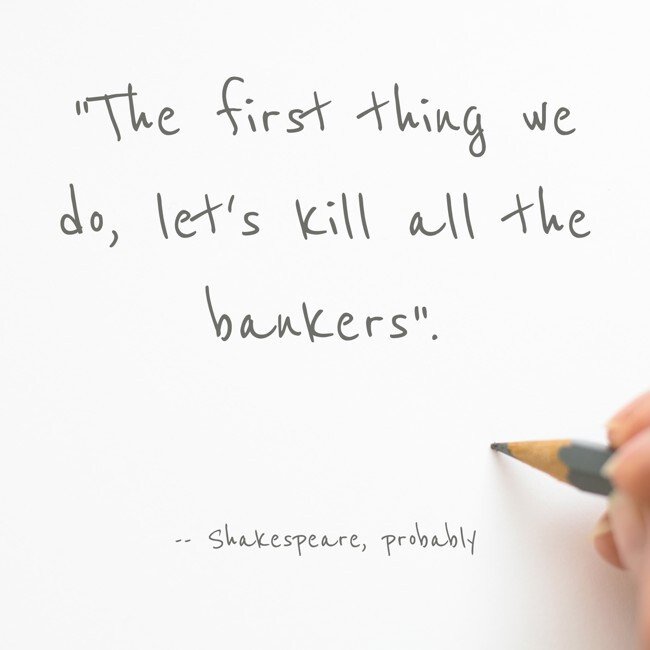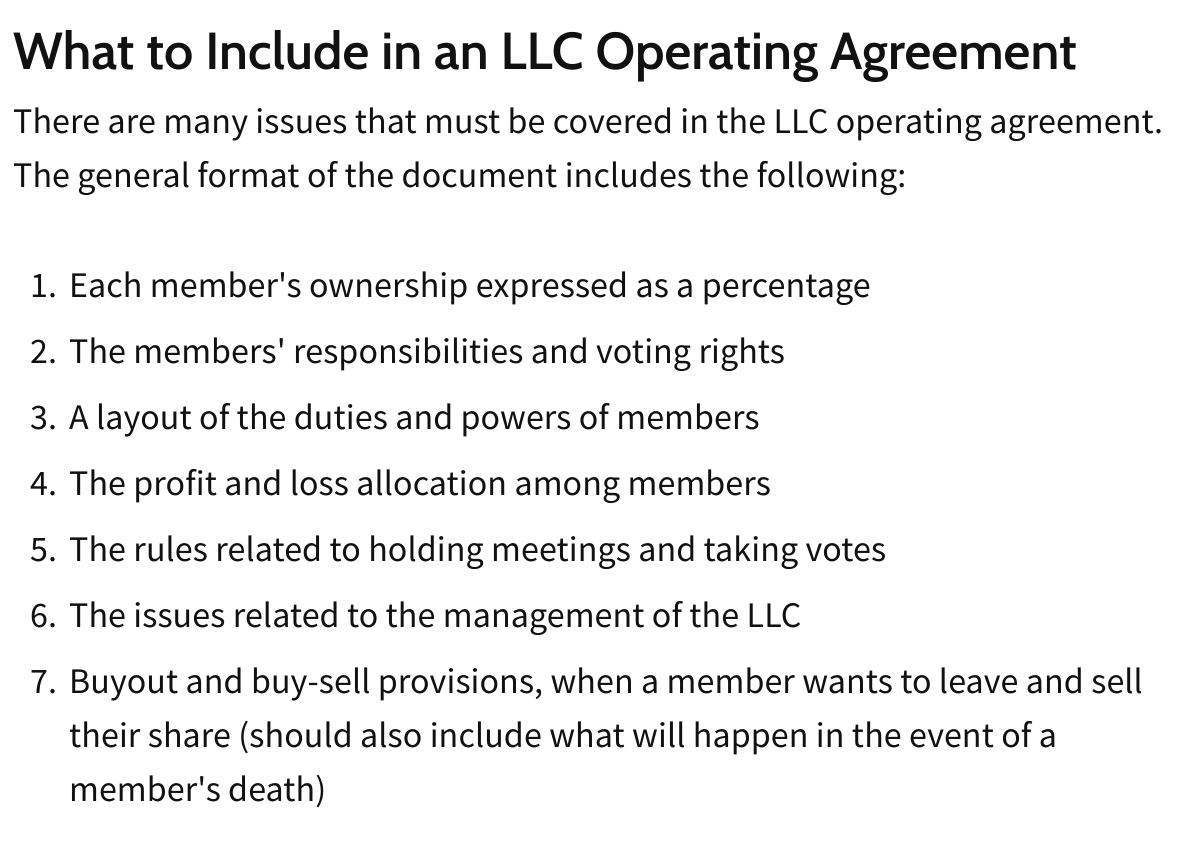(Please note that this is not official financial or business advice, but rather a description of something we have done, on an informal basis.)
A long, long time ago
It’s been nearly a year, since GitCitadel (nprofile…atj2) came into being, mostly as a lark, involving a couple of members of our private chat group. Our initial plan was to work toward bounties, but Nostr bounties are a bit of a biased, uncertain thing, and our enthusiasm for that quickly waned.
So, what to do? Here we are, we three (finrod (npub1ecd…s735), MichaelJ (npub1wqf…qsyn), and I): IT professionals with little time, but plenty of intellectual energy, a Slack chat, a GitHub repo, and lots of frustration with the Nostr status quo.
We were, you see, Nostr end-users. We loved the idea of the protocol, but we were being regularly stymied by the poor quality of many implementations.
- Why can I not login? Oh, they fixed the login! Nope, still can’t login.
- If I press this button, it says it sent, but it didn’t send. Where note?
- They announced a new feature, but I tried it and it didn’t work. Oh well.
- I noticed a bug in the client, reported it, and the issue is just rotting away in the project repo. Ignored.
- The website/relay/repo was here… yesterday. Today it has disappeared, and taken my zaps with it.
It was enough to make us want to tear our hair out. We decided that what Nostr needed… what it really needed… was a Nostr Stable Version. Nothing glamorous. Nothing exotic. Nothing busy or excitable. Just something that stayed where you initially found it, ran, and actually worked. Something where you could report a bug and receive a prompt response. Maybe even something, where you could pay a reasonable fee and be allowed to have expectations of some particular service being returned. And who better to build such a version, than people who want to use it, themselves?
Things working is an underrated concept
I know that the very idea of software running as expected and websites not appearing and disappearing suddenly, based upon what some particular developer had for lunch, tends to be met with little but scorn, from hardened, seasoned Nostriches (who are convinced that bugs are all features), but I think the majority of potential users would see it differently.
I’m with the majority, on this one.
I like to click “save” buttons and have them save. If I publish something, I want it to appear under my list of published somethings. I like to type in the website address I always type in, and have it magically appear on my screen, as if there were a little man sitting at controls in my laptop, just waiting for me to write H-T-T-P-S… and then jump to attention.
My unreasonable expectations have no bounds, it is true. But unreasonable people are also people, so we would also like to have our own unreasonable things to play with. Scorn away. My save button will save, and my published something will publish, and my website will load every damn time, just to spite you.
In the larger scheme of things, you see, we win even if we fail, if we at least increase the competition enough, that things working becomes the new standard. We can simply prove, definitively, that it is possible for Nostr things to work, if they are built by people who care if they work. If we also have fun together, learn something new, and come up with some cool, novel use cases, then that’s pure profit.
We can only win, at this endeavor.
Where to start?
Name that brand
So, we had a team, we had a business idea, and we had a heck of a lot of motivation. What we didn’t have, is a name. (Never underestimate the importance of naming things.)
We decided to name ourselves “GitCitadel” because “git” sounds techy, hints at our GitRepublic project, and is reminiscent of open-source development, and “citadel” reminds us of Bitcoin. The republic is at home in the citadel, naturally. All other products also live in the same citadel, hence the naming-convention of prefacing everything with “GC” (i.e. “GC Alexandria”, “GC Sybil”, “GC Aedile”, etc.).
Brand yourself
The next thing we did, was rent a domain and run a webserver on it. This is an important step because it gives you an Internet presence, allows you to have company NIP-05 and email addresses (a form of promotion), and it’s simply exciting to have one. Feels so much more “official” and it helps increase the name-recognition of your company.
Define yourself
We then sat down, together, over the Internet, and figured out who we are. Not who we individually are, but who we are, as a company. A company, after all, (according to the Cambridge Dictionary) is “an organization that produces or sells goods or services in order to make a profit”. Now, a company’s profits don’t have to be monetary, but they should be something tangible. A company, in other words, is a team of people working toward some defined goal.
What is our goal? Well, we decided to think it over, sat down with the newer additions to the company (you can see who they are, on our project wiki page, and came up with a Vision and a Mission:

The vision is what the overall goals of the company are, whereas the mission describes how those goals shall be achieved. Now, this is a sort of lofty, abstract statement, so it was important that we posted it someplace publicly (to keep ourselves accountable) and look at it regularly, so that we can ponder it and realign whatever we are currently working on, with this statement. We know the statement is well-designed, if considering it helps us make decisions about what to do next.
Pay yourselves
(I’m going to switch from “we” to “you”, here, as it’s easier to write this part, but let’s just pretend I didn’t.)

The next thing on the list, is to arrange the finances, usually by setting up a Geyserfund, with an associated wallet, and then deciding how the funds from the wallet will be dispersed or stored. (I won’t tell you how we are handling that, as that’s internal company business, but I’m sure you’ll think of something clever, yourselves. Or just google it.)
I would encourage you to arrange to pay yourselves profits. Not merely because your idea is going to make you all fabulously wealthy and internationally famous (although, that is obviously true), but because profits are the most pure form of communication that consumers in the market have with its producers, and one of the best ways to make decisions and measure increases in efficiency (increasing profits and/or output, while keeping prices steady or falling).
Cutting off this signal, in order to look pious to outsiders, is to shoot yourself in your free-market foot. Nobody says that you have to spend your profits on the proverbial lambo and a bimbo. You could donate them to charity, reinvest them, or store them for your nephews to inherit, but pay them out, you should. You don’t have to love money, to value it as a tool and use it shrewdly. Money is a measure, and companies should regularly measure themselves: against their previous state, against their potential state, and against their competition.
(Also, you can use money to buy a lambo and a bimbo, but you didn’t hear that from me.)
Organize yourselves
Once you’ve been working together, for a while, you’ll find that you need to figure out how to organize yourselves. The first step is to…
Form a board of directors.
Stop laughing. I’m serious.
Any company has at least two roles (President and Secretary), ideally held by two different people, so any single-proprietor company is a man down. Find a different person, to be your Second, even if they’re just your confident, who lets you cry on your shoulder on The Bad Days, when your code refuses to compile, and can tell people that you’ve become a Bitcoin millionaire and have gone on a sabbatical to hike the Himalayas and will be back in 3 months on The Very Good Days. Because business man was not meant to be alone.
If, like us, you’re a small herd of people and have already been working together for a while, then this step is actually really, really fun. Just think about what people are already doing, and put a label on it. That role is now defined and it is clear who is in charge of what.
Scientists become “Chief Science Officer” or “Scientific Advisor”. The person who always writes the okay, so this is what we’ve decided comment in the thread becomes the Secretary, the one managing the Lightning wallet and worrying over paying for the servers is the CFO, the person running the remote server becomes the CTO, and so on and etc.
And everyone knows who the CEO is. Everyone always knows. They do. Just write it down.
Agree how to disagree
Now, have the secretary write up a Member’s Agreement. It’s a contract between the members, about whatever the group thinks is important concerning the way the company will operate. According to Investopedia, common topics are:

Is this legally binding? Probably not. Maybe. I don’t know and wouldn’t tell you, even if I did. But it’s emotionally binding, which is arguably more important.
Writing things down is an advanced form of naming things and it provides clarity, helps to manage expectations, and allows you to define a working agreement before Real Money shows up and taints your interaction. You’re just accepting tips, at the moment. Everyone is calm and cheerful, so now is your best time to negotiate.
Keep it very simple and only address the most basic things. If you wish to incorporate, at a later date, then you just take this to a registered agent, or other experienced person, and have them tidy up any loose ends and add the fine print.
Go forth, together
This has probably taken you weeks, or even months, but you’re now a company. Get a logo and a company npub, start dropping the company name into your notes, and get on with the business of being in business.

